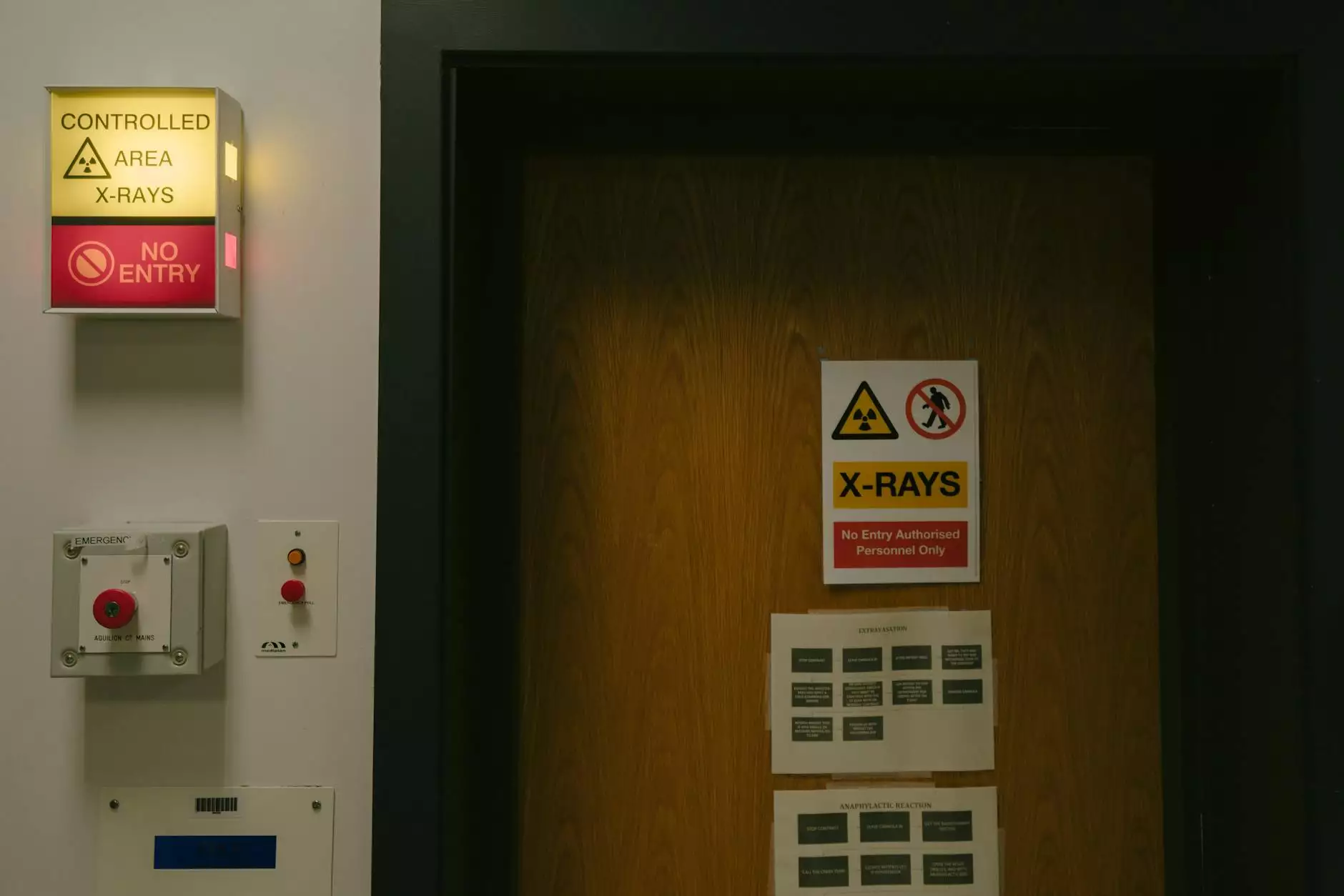Cancer Treatment Specialists: Comprehensive Insights into Oncology Services

The journey through cancer treatment is one fraught with challenges, uncertainties, and profound questions. However, with the assistance of highly skilled cancer treatment specialists, patients can navigate this path with greater assurance and support. In this article, we will delve deeply into the methodologies, practices, and innovations that define the realm of oncology today.
Understanding Cancer and Its Treatment Landscape
Cancer is not a single disease but a complex group of diseases characterized by the uncontrolled growth and spread of abnormal cells. There are more than 100 different types of cancer, each requiring a unique approach to treatment. The role of cancer treatment specialists is pivotal in managing these diverse conditions effectively.
The Role of Oncology in Cancer Treatment
Oncology is the branch of medicine that specializes in diagnosing and treating cancer. General oncologists, surgical oncologists, radiation oncologists, and medical oncologists are all integral to a patient's treatment team. Understanding their roles can help clarify how cancer treatment specialists work in concert to provide comprehensive care.
- Surgical Oncologists: These specialists perform surgeries to remove tumors and surrounding tissue. Their expertise is crucial in the early stages of cancer treatment.
- Medical Oncologists: These are physicians who provide chemotherapy, hormonal therapy, and other systemic treatments. They often coordinate patient care with other specialists.
- Radiation Oncologists: Focused on treating cancer with radiation therapy, they design tailored treatment plans to minimize exposure while maximizing treatment efficacy.
The Importance of Multidisciplinary Teams
Effective cancer treatment involves a multidisciplinary approach. Having various specialists collaborate ensures that patients receive the best possible care tailored to their specific needs. This includes not only treatment but also psychological support and nutritional advice, which are vital in maintaining overall health during therapy.
Innovations in Cancer Treatment
Advancements in technology and research have revolutionized the oncology field. Here are some notable innovations:
Targeted Therapy
Unlike traditional chemotherapy, which attacks both cancerous and healthy cells, targeted therapies focus on specific molecular targets associated with cancer. This precision medicine is enhancing the efficacy of treatments and reducing side effects.
Immunotherapy
The introduction of immunotherapy has marked a new era in cancer treatment. This innovative approach harnesses the body’s immune system to fight cancer cells more effectively. Treatments like CAR T-cell therapy are at the forefront of this evolution.
Minimally Invasive Techniques
Advancements in robotics and imaging have enabled the development of minimally invasive surgical techniques. These procedures, such as laparoscopic surgery, greatly reduce recovery time and minimize scarring, leading to improved patient outcomes.
Psychosocial Support for Patients and Families
Cancer treatment is not solely about medicine; it profoundly affects the mental and emotional well-being of patients and their families. Cancer treatment specialists recognize this need and often include psychosocial support as part of the treatment plan.
Counseling Services
Counseling and support groups provide patients a platform to share experiences and feelings. Engaging in these services can alleviate feelings of isolation and fear, fostering a sense of community.
Nutritional Guidance
Diet plays a critical role in recovery. Oncologists often collaborate with nutritionists to help patients maintain a balanced diet, which can enhance their strength and well-being during treatment.
The Patient's Journey through Treatment
Navigating the cancer treatment process requires understanding the various phases a patient will experience. Here’s a typical journey:
Diagnosis
The first step in the treatment process is obtaining a clear and accurate diagnosis. This typically involves a combination of:
- Medical history review
- Physical examinations
- Imaging tests (like MRI, CT scans)
- Biopsies for cellular analysis
Treatment Planning
Once a diagnosis is confirmed, the cancer treatment specialists will develop a personalized treatment plan based on the type and stage of cancer, as well as the patient's overall health and preferences.
Initiation of Treatment
Throughout treatment, communication is key. Regular consultations and assessments ensure that the treatment plan is effective and that any side effects are managed promptly. Care teams typically monitor:
- Response to therapies
- Quality of life
- Emotional support needs
Follow-up and Survivorship
After completing treatment, patients enter survivorship. This phase is crucial for ongoing health monitoring and support. Follow-up care often includes:
- Regular medical check-ups
- Managing long-term side effects
- Emotional and psychological support
Choosing the Right Cancer Treatment Specialists
Finding the right cancer treatment specialists can significantly influence the treatment experience and outcomes. Here are some essential selection criteria:
Experience and Expertise
Consider the specialist's experience in treating specific types of cancer. Institutions often publish success rates and patient reviews, which can assist in making informed choices.
Access to Multidisciplinary Teams
Ensure the facility provides access to a multidisciplinary team that includes medical oncologists, radiation oncologists, surgical oncologists, and support services.
Patient-Centric Approach
Look for specialists who emphasize personalized care and open communication. A strong doctor-patient relationship fosters better understanding and management of the illness.
Facility Accreditation and Treatment Options
Check whether the cancer center is accredited by recognized bodies such as the Commission on Cancer. Additionally, consider the range of treatment options available, including clinical trials.
The Future of Cancer Treatment
The landscape of cancer treatment is continually evolving. Ongoing research is crucial to uncover new treatments and improvements in patient care. Emerging technologies like artificial intelligence (AI) and machine learning are poised to play significant roles, aiding in:
- Faster and more accurate diagnostics
- Predictive analytics for treatment responses
- Enhancing personalized medicine approaches
Conclusion: Embracing Hope and Support
Confronting cancer is undoubtedly challenging, yet each advancement in treatment represents a step towards hope for patients and their families. With the unwavering dedication of cancer treatment specialists, the journey through cancer is navigable, filled with potential for recovery and returning to a fulfilling life. As we continue to embrace innovation and compassion, we pave the way for brighter tomorrows in the realm of oncology.









